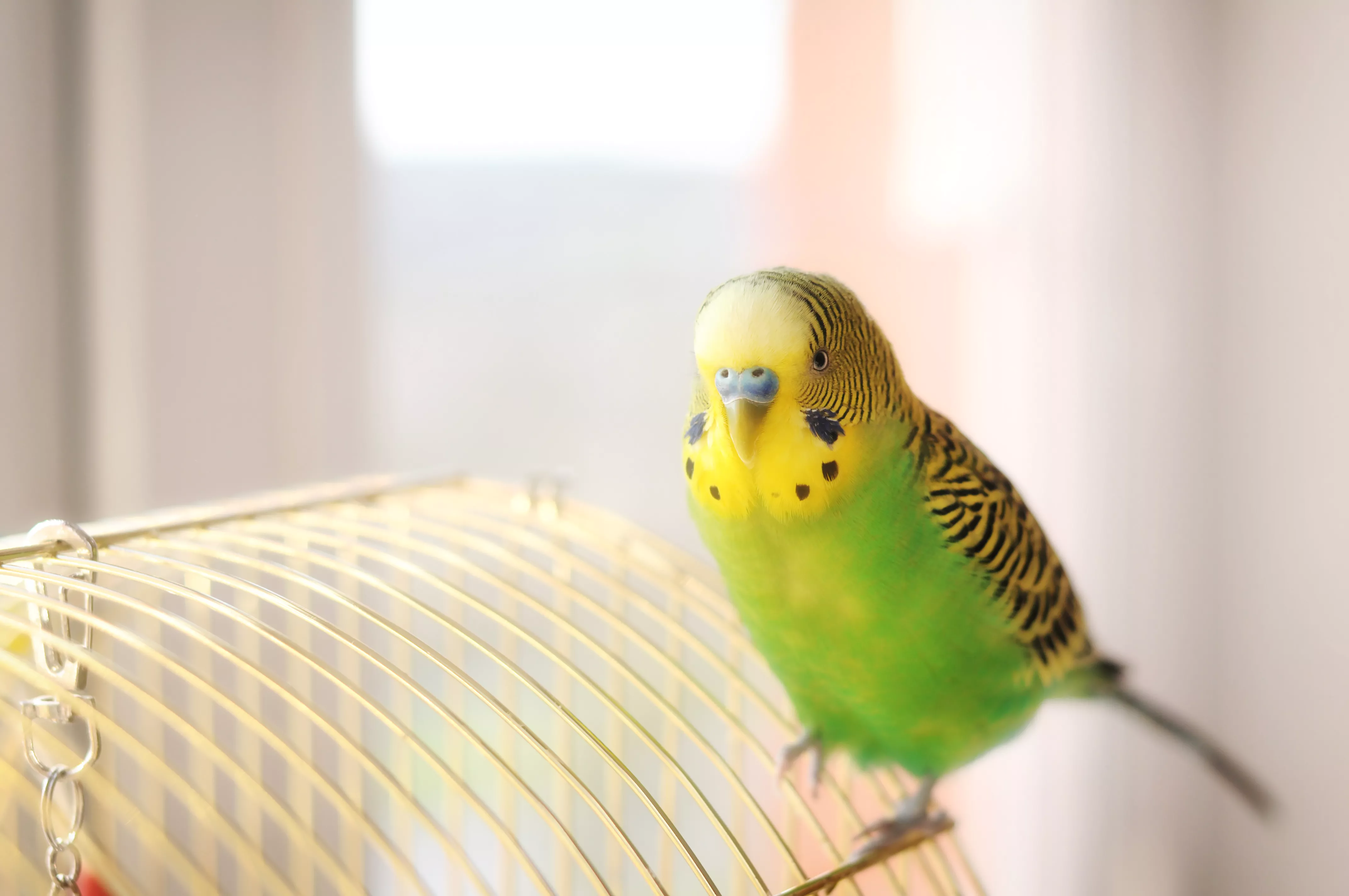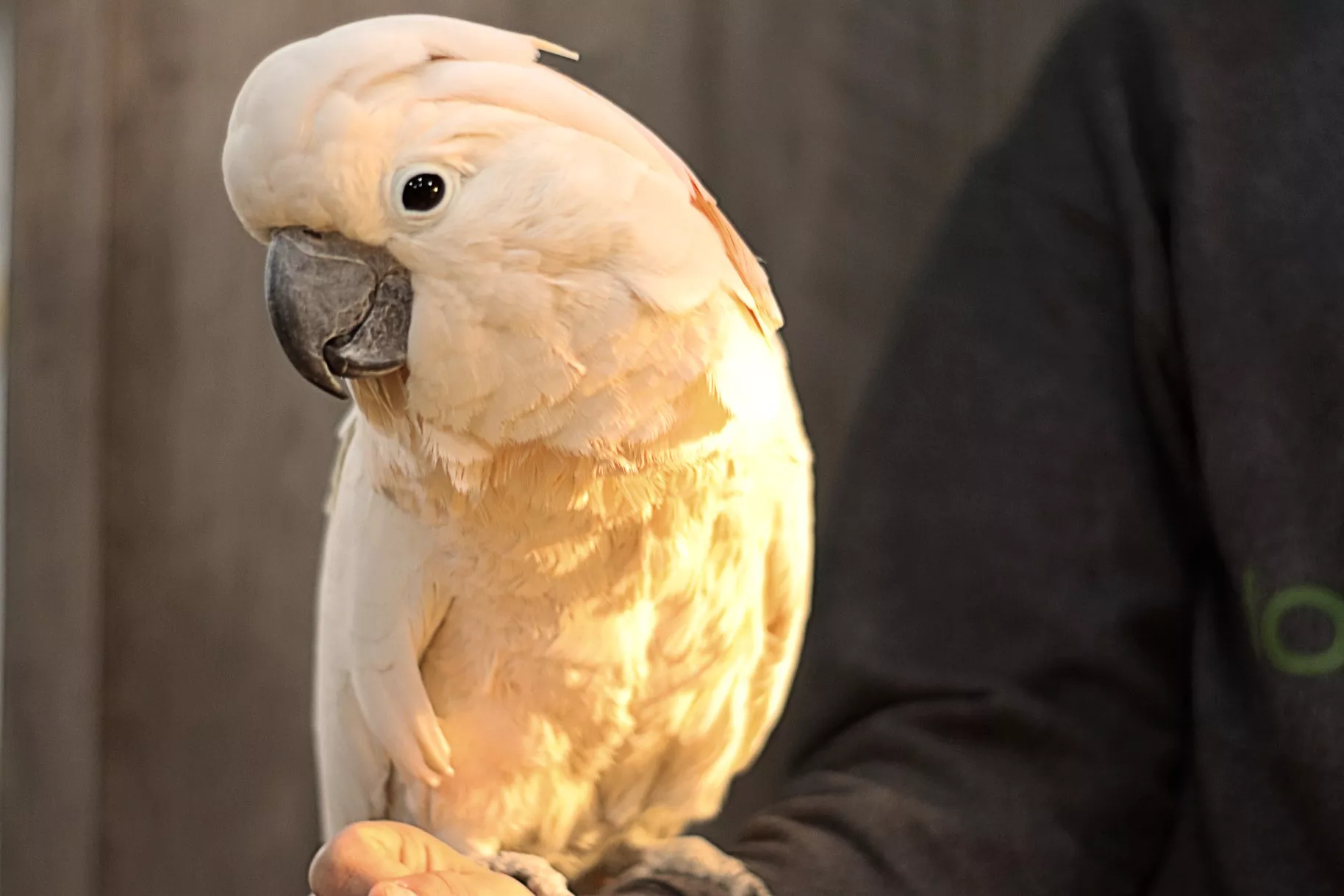Birds are fascinating creatures with distinctive variations that enable them to soar by way of the skies. One of the intriguing elements of avian biology is their skeletal system. Many individuals surprise: do birds have bone marrow like mammals? The reply is extra complicated than a easy sure or no.
Let’s discover the construction of fowl bones, the presence of bone marrow, and the way their skeletal system helps flight.
Contents
The Construction of Hen Bones

Hen bones should not like these of mammals. They’ve developed to be light-weight whereas nonetheless offering the mandatory assist for motion and survival. Understanding the composition of fowl bones is vital to answering the query about bone marrow.
Hole Bones: A Key Adaptation for Flight
One of the well-known variations in birds is their hole bones. In contrast to the dense bones of mammals, lots of a fowl’s bones are pneumatised, which means they include air sacs. These air sacs are extensions of the respiratory system, decreasing weight whereas sustaining power.
Dense Bones in Sure Birds
Not all fowl bones are hole. Some species, resembling diving birds like loons and penguins, have denser bones. These bones assist them keep submerged and navigate effectively underwater. In such birds, bone marrow is extra outstanding in comparison with species with predominantly hole bones.
Do Birds Have Bone Marrow?
Sure, birds do have bone marrow, however not in the identical manner as mammals. The distribution and performance of bone marrow in birds differ relying on the kind of bone.
Bone Marrow in Pneumatic Bones
In hole, pneumatic bones such because the humerus (wing bone) and a few vertebrae, bone marrow is both minimal or absent. As a substitute of marrow, these bones are stuffed with air areas linked to the fowl’s respiratory system, making them lighter for flight.
Bone Marrow in Non-Pneumatic Bones
Birds do have bone marrow of their non-pneumatic bones. These bones, such because the femur, tibiotarsus, and a few components of the pelvis, include marrow just like that of mammals. The perform of marrow in these bones is essential for blood cell manufacturing, simply as in mammals.
The Function of Bone Marrow in Birds
Bone marrow performs a necessary function in birds, significantly in blood cell formation and calcium storage.
Blood Cell Manufacturing
In birds, bone marrow is liable for producing pink and white blood cells, that are important for oxygen transport and immune perform. Nonetheless, as a result of some bones are pneumatised, birds depend on fewer bones for blood cell manufacturing in comparison with mammals.
Medullary Bone: A Distinctive Avian Adaptation
Birds, significantly females, possess a specialised sort of bone marrow known as medullary bone. This bone varieties inside the cavities of sure lengthy bones and serves as a calcium reservoir for eggshell formation. It’s a non permanent construction, showing through the reproductive interval and being reabsorbed after egg-laying is full.
How Hen Bones Differ from Mammal Bones
Whereas birds and mammals share some similarities in skeletal construction, there are key variations that set them aside.
Light-weight But Robust
Hen bones are structured to be as mild as potential whereas nonetheless offering power. The interior struts and trabeculae (skinny bone partitions) assist preserve the rigidity wanted for flight.
Fusion of Bones
Many fowl bones are fused collectively to supply stability. For instance, the furcula (wishbone) helps strengthen the chest for wing motion, and the synsacrum (fused vertebrae) gives rigidity throughout flight.
Fast Bone Regeneration
Birds can regenerate bone tissue shortly, particularly through the reproductive season when calcium demand is excessive. This potential helps compensate for the non permanent use of medullary bone.
The Evolutionary Benefit of Hen Bone Construction
Birds developed their distinctive skeletal system over tens of millions of years, balancing power and lightness. Their bone marrow variations replicate these evolutionary pressures.
Why Some Bones Retain Marrow
Birds want to supply blood cells similar to mammals, which is why some bones retain bone marrow. Nonetheless, decreasing the variety of marrow-filled bones helps make birds extra environment friendly flyers.
The Function of Pneumatic Bones in Flight
The presence of air sacs in sure bones aids in respiration, permitting birds to soak up extra oxygen and maintain high-energy actions like flying.
Birds vs. Mammals: Bone Marrow Comparability
Let’s examine the perform of bone marrow in birds and mammals:
|
Characteristic
|
Birds
|
Mammals
|
|---|---|---|
|
Bone Kind
|
Hole (pneumatic) & strong bones
|
Stable bones
|
|
Bone Marrow
|
Current in non-pneumatic bones
|
Current in all lengthy bones
|
|
Blood Manufacturing
|
Restricted to sure bones
|
Happens in lots of bones
|
|
Particular Variations
|
Medullary bone for calcium storage
|
No medullary bone
|
Widespread Myths About Hen Bones
Delusion 1: All Hen Bones Are Hole
Whereas many fowl bones are pneumatised, not all of them are hole. Birds like ostriches and penguins have extra strong bones to assist their particular existence.
Delusion 2: Birds Have No Bone Marrow
Birds do have bone marrow, however solely in non-pneumatic bones. The marrow in these bones performs a necessary function in blood cell manufacturing and calcium storage.
Delusion 3: Hen Bones Are Fragile
Regardless of being light-weight, fowl bones are fairly robust. Their inside construction helps them face up to the stresses of flight and motion.
Conclusion
So, do birds have bone marrow? The reply is sure—however solely in particular bones. Whereas pneumatic bones lack marrow and are stuffed with air sacs, non-pneumatic bones include marrow important for blood cell manufacturing. Moreover, feminine birds have medullary bone, a specialised adaptation for calcium storage throughout egg manufacturing.
Understanding these variations helps us respect the unimaginable variations birds have developed to grasp the skies. Their distinctive skeletal system is a testomony to the steadiness between power and effectivity, making them one among nature’s most outstanding creatures.







